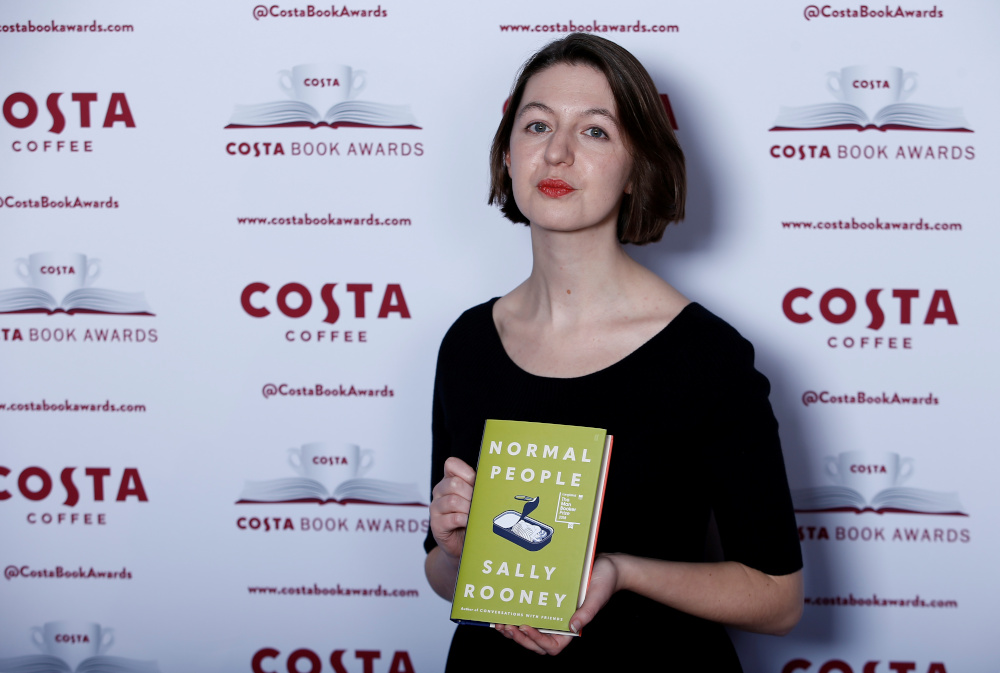Author Sally Rooney poses for a photograph ahead of the announcement of the winner of the Costa Book Awards 2018 in London, Britain, January 29, 2019. — Reuters pic
TEL AVIV, Nov 8 — The Israeli publisher of Irish writer Sally Rooney said today it would not stop selling her titles even after two bookshop chains took them off their shelves in protest of her criticism of Israel.
The 30-old-author of three novels said last month that she could not partner with a Hebrew publisher that did not “publicly distance itself from apartheid and support the UN-stipulated rights of the Palestinian people”.
That prompted a furious reaction in Israel, including by the Steimatzky chain, which has 130 branches.
The company removed Rooney’s works from its website, including the title at the centre of the controversy, Beautiful World, Where Are You.
Tzomet Sfarim, a chain of about 90 branches, also stopped marketing Rooney’s 2018 Normal People online.
However, Modan Publishing House, which has translated her works, told AFP today it would keep selling Rooney’s books despite her stance towards Israel.
“We do not support a cultural boycott, and therefore we will continue to sell Sally Rooney’s works as usual,” said Tali Thelet, a company spokeswoman.
While sales may suffer among Israelis, interest appeared to be soaring among Palestinians.
Ahmad Muna, manager of the Educational Bookshop in Israeli-annexed east Jerusalem, told AFP he had put in a fresh order for Rooney’s books in light of her comments.
“The problem is we’re not getting them as fast as we’d like to,” he said.
“I think the statement she made about not wanting to be published by an Israeli publisher has opened a lot of interest.”
Israeli and international groups including Human Rights Watch have accused Israel of crimes of apartheid against the Palestinians, but the Israeli government and many citizens reject that charge. — AFP

